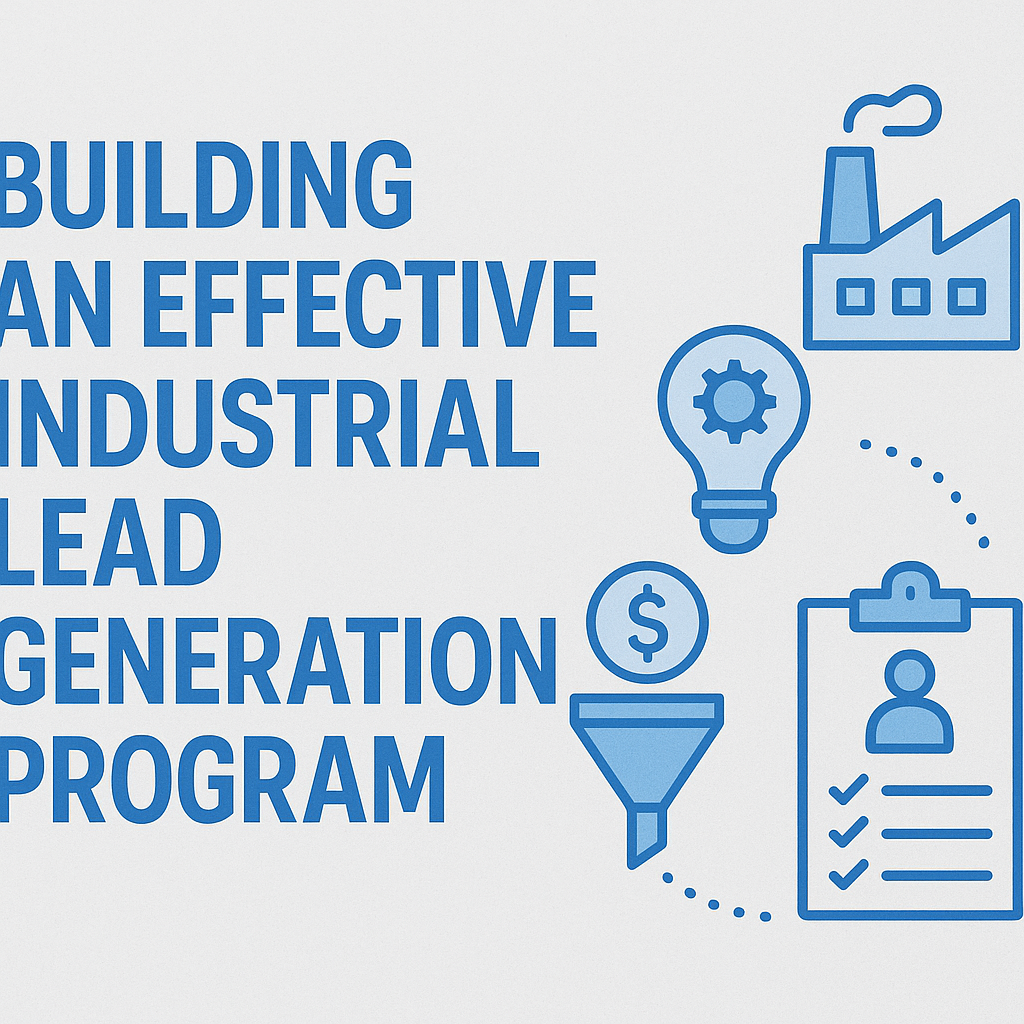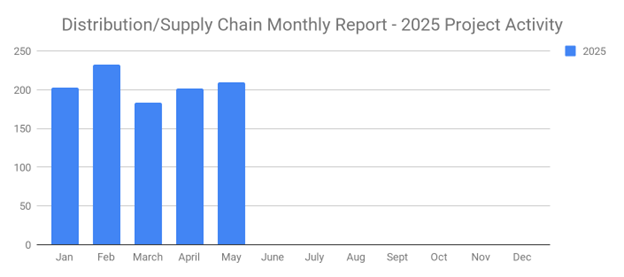Security companies that sell a product or service can typically be classified as either vertical or horizontal. Upon hearing these terms, it's difficult to surmise what they mean. But from small single-person-owned security companies to global-operating Fortune 500 security companies, they can all be classified as either vertical or horizontal. Today, we're going to break down these terms, revealing the fundamental differences between vertical and horizontal security companies and how they operate.
Vertical Security Companies Explained
In the most basic sense, a vertical security company is a company that sells a product or service to customers in a single, specific industry. A hospital, legal office, lab, or tech start-up, for example, are considered vertical companies because its target audience -- the customers who buy its products or services -- are generally located within a single, specific industry.
If vertical selling reflective of how you sell…or want to sell, then you may need to generate a target audience list that tightly reflects the type of company you want as a customer. Try our Sales & Marketing Intelligence service. We’ll work with you to identify the ideal prospect and work to many more of them. We use firmographic data, news, press releases, social media and many other resources to build the right list for you.
Now identify a few that you really want to sell into, and track any vital announcements with our News Alert service. Want to see how it works? Open a complimentary account and try out News Alert and many of our other services.
Horizontal Security Companies Explained
A horizontal security company, on the other hand, is a security company that sells a product or service to customers in multiple industries. An example of a horizontal company is an office furniture manufacturer. Furniture manufacturers that produce and sell office chairs, desks and tables are classified as horizontal office companies because their target audience consists of customers in a variety of industries. An office manufacturer may produce and sell products to banks, information technology (IT) businesses, executive suites and countless other customers.
One of the most productive ways to know what companies are doing is to understand the projects they are working on. The fastest way to identify projects is with the use of our Office Project Reports. You’ll know when companies in your target markets have a need for your product or service. Now you can contact them with a definitive solution.
Closing Thoughts
There are pros and cons associated with both vertical and horizontal security companies. Operating a vertical security company means you can create a more targeted marketing and sales approach that resonates with your customers. Since your target audience operates within a single, specific industry, you can tailor your brand messages to reflect the interests of your customers.
Horizontal security companies, however, have the ability to reach a larger audience. They aren't restricted to selling their products or services to customers in a single industry, so they can explore untapped channels to boost sales. Furthermore, investors are more likely to invest in horizontal security companies than vertical security companies. Again, this is because horizontal security companies can reach a larger audience, allowing for greater sales growth potential.
What to learn more? Get in Touch





